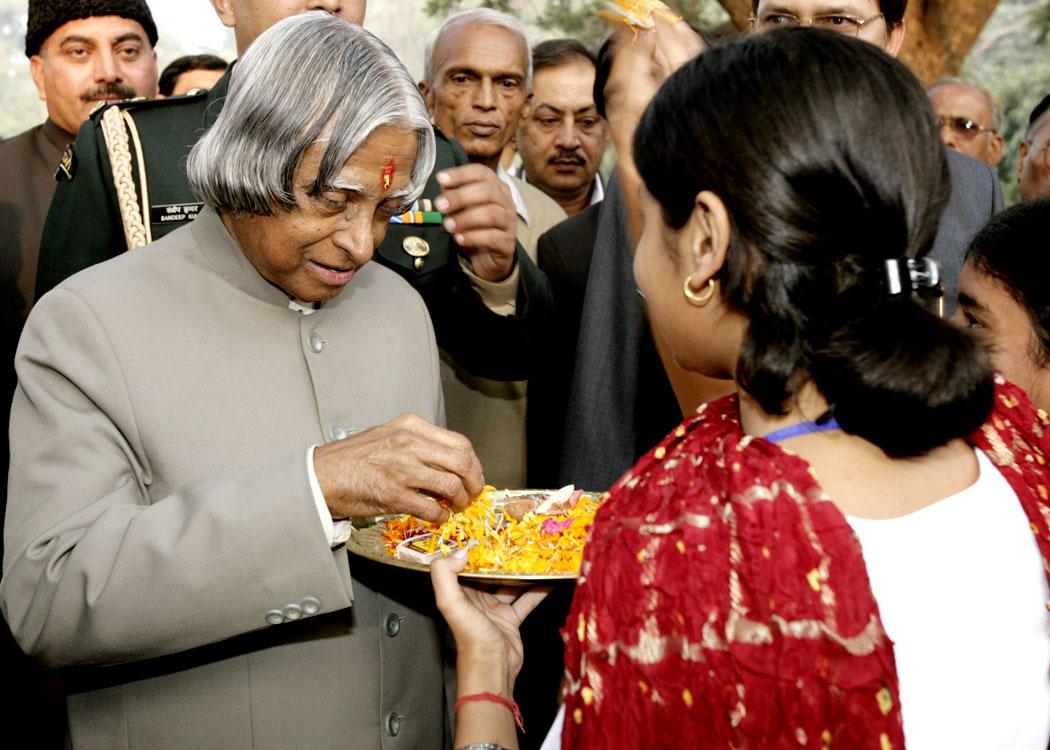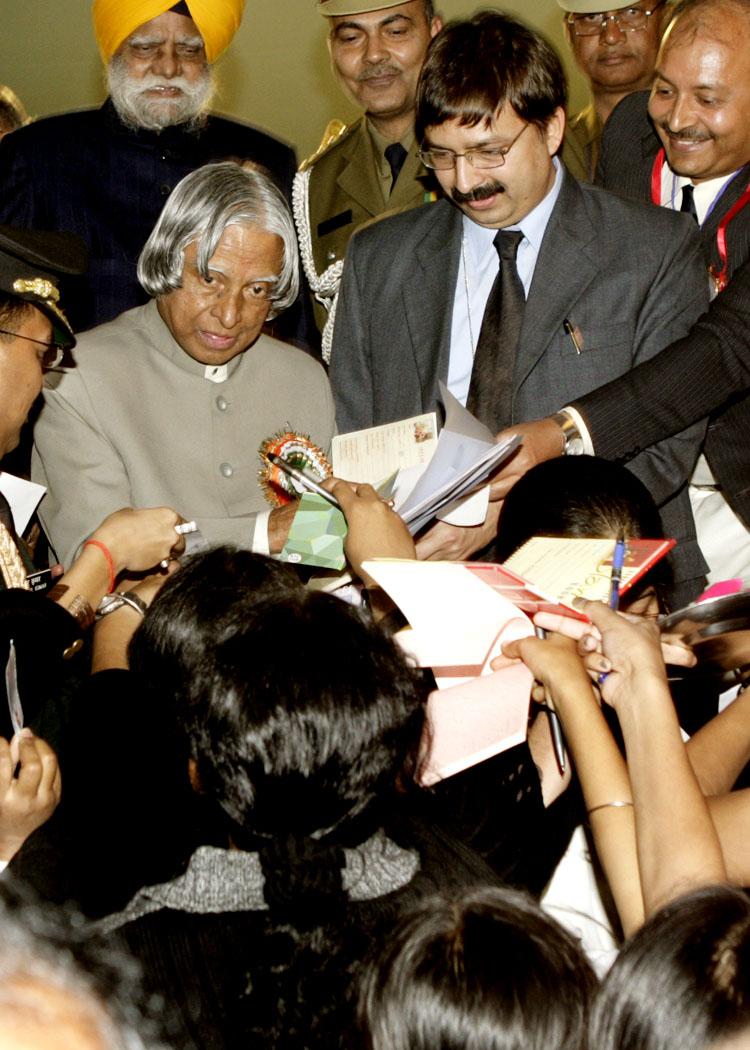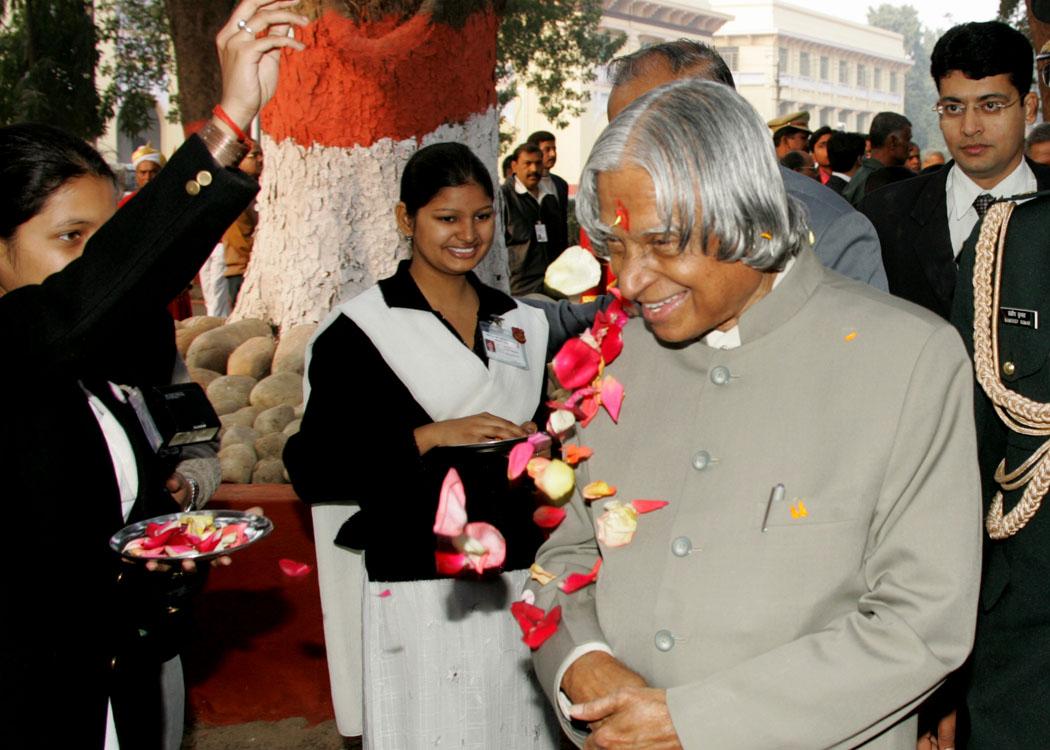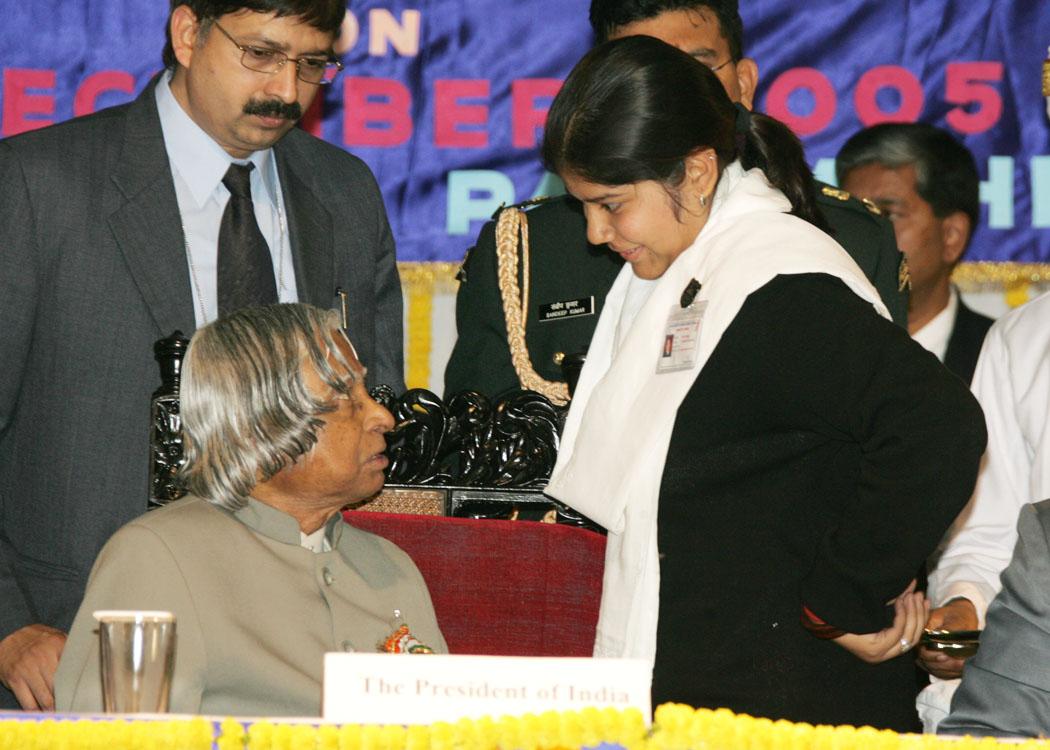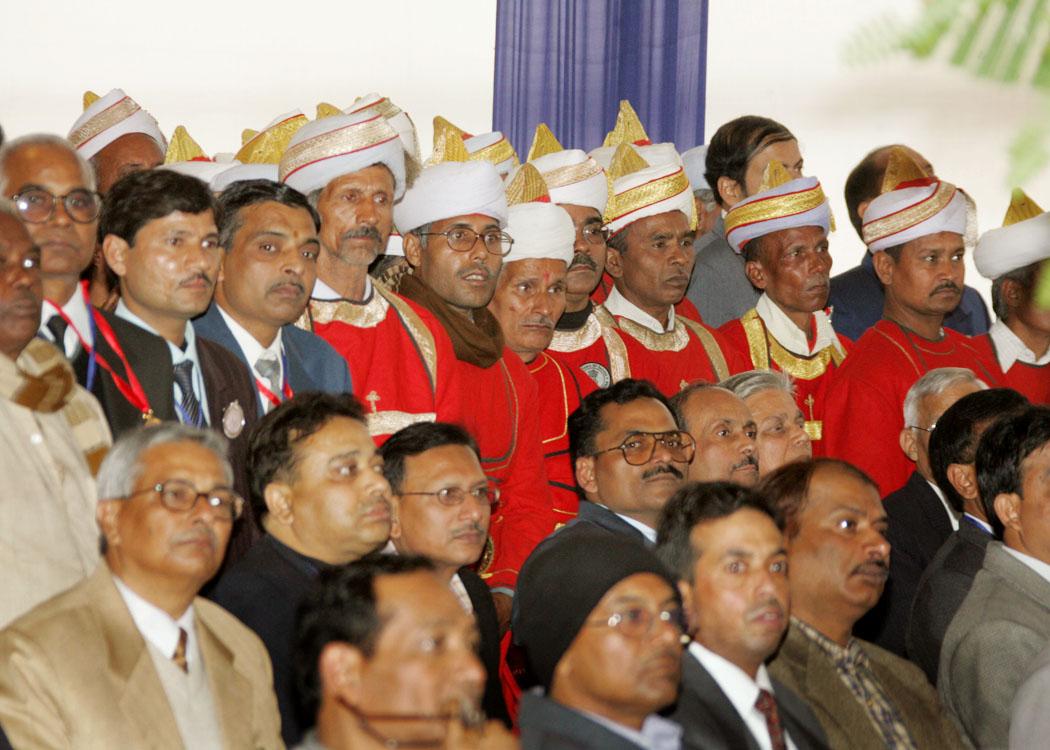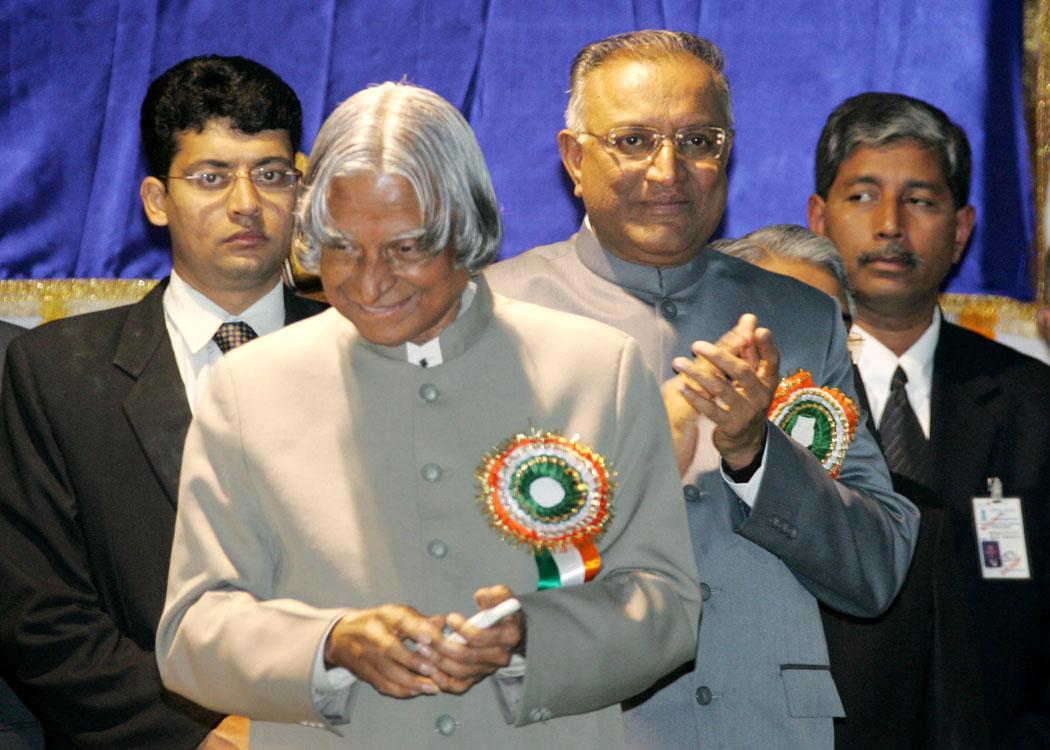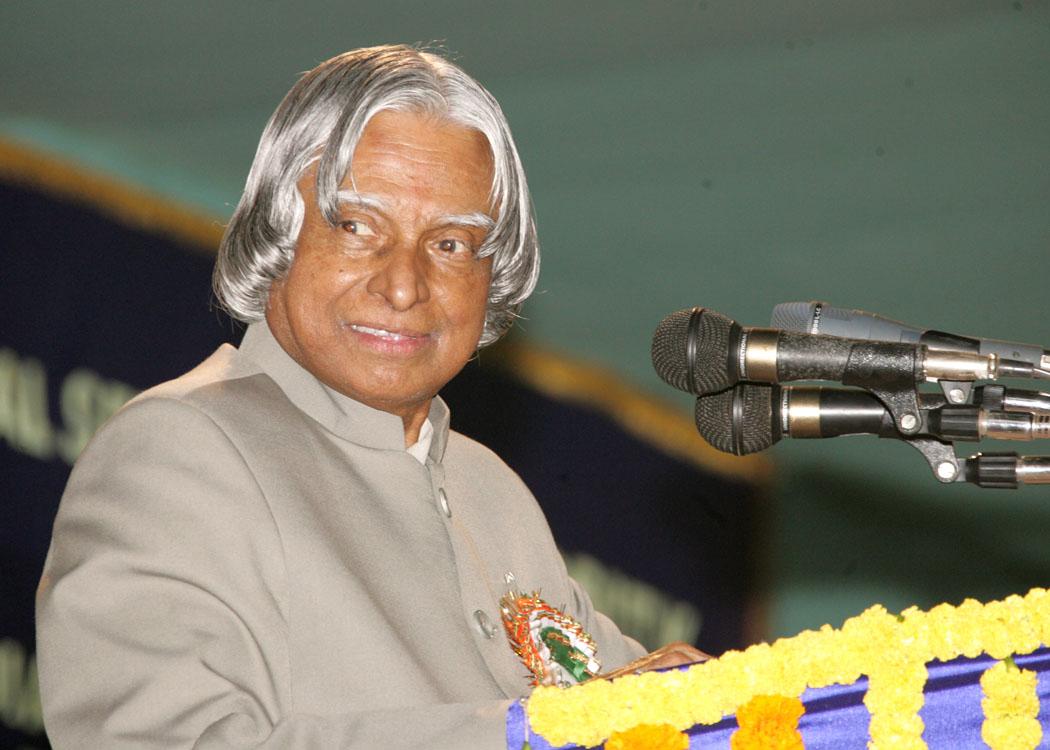Address At The Inauguration Of The Mobile Legal Aid And Lok Adalat, Patna
Patna : 30-12-2005
Beautiful Mission: The Mobile Legal Aid and Lok Adalat
I am delighted to participate in the inauguration of the Mobile Legal Aid and Lok Adalat being established by Patna High Court. I am sure that like in Gujarat this mobile legal aid clinic will function round the clock and provide free and competent legal advice and justice to the needy citizens of Bihar. My greetings to Justice J.N. Bhatt for his pioneering work in the field of mobile legal aid and lok adalat system. It is indeed a noble cause to take the legal services to all parts of the state and also enable accessibility to justice for reassuring the people that they can get justice in time.
Importance of speedy justice
In a developing economy, for that matter in any modern economy, there is an urgent need to implement nationally relevant and important projects in a time bound manner. While the Courts are the guardians to protect the projects from the onslaught of from and machinations of unscrupulous individuals or groups, the Courts also have a responsibility to ensure that honest implementations are not impeded by unsustainable or motivated litigations or honest persons vilified through public glare based on such filings. This dual role of the judiciary places enormous responsibility on the shoulders of the Courts and the nation?s development is equally dependent on the dynamism and the innovativeness of the judicial system. Hence, there is an urgent need to ensure that no justice is delayed and the situation existing today is remedied soon. Though I have mentioned about the litigations filed against the projects of the national importance, this is equally valid even for the litigations that concerns individual citizens and organizations. Human rights of many persons are being violated through charges made by certain groups and cases filed which take many years to come to final decision. Years lost don?t come back to individuals or their families.
Transparency starts from Home
On 21st November 2005, I had visited Adhi-chun-cha-na-giri Math, attended a function of FUREC (Foundation for Unity of Religions and Enlightened Citizenship) and interacted with over 54,000 students of various schools and colleges of Karnataka. There a 10th class student Ms. M. Bhavani studying in Adi-chun-cha-na-giri Composite High School, Sharavathy Nagar, Shimoga asked me the following question.
"Dear Sir, What is the role of students to stop corruption which is deeply rooted in our county just like cancer?"
Agony of the young mind is reflected in this question. For me it was an important question, since it comes from a young mind. Definitely, the self-esteem of every Indian is affected when someone says India is a corrupt nation. I was thinking what type of solutions we could give. My thought process was the following:
I said there are one billion people in the country and they live in nearly 200 million homes. In general there are good citizens everywhere. However, if we find that people in few million houses are not transparent and not amenable to the laws of the country, what can we do? In these houses apart from father and mother, they have one daughter or one son or both. If the parents in these houses are deviating from the transparent path the children can use the tool of love and affection and correct the parents to come back to the right path. I asked all the children assembled in that gathering, "in case parents of a few children get deviated from transparency and resort to dishonest methods to get gains for themselves or the family or friends, will you children boldly tell your parents, father or mother, you are not doing the right thing, that is what we are taught by you and in the school". Most of the children spontaneously responded, "We will do it". The confidence comes from them that they have love as a tool. Similarly I have also asked the parents in some other meeting, initially there was a silence, later, many of them hesitantly agreed that they would abide by the children?s suggestion since it is driven by love. The children took an oath from me. The oath was ?I will lead an honest life free from all corruption and will set an example for others to adopt a transparent way of life?. Finally I told the students that they should start a movement starting from their home. I hope they do. Legal and judicial community may like to promote this idea.
On 8th December 2005, I was talking to some of my friends. During the conversation my friends told me about certain instances which they have observed where the children are not in-talking terms with their father or mother if he or she is perceived to be not transparent. This reinforces my thought that the children can definitely bring a change for making our country as a whole, transparent and become a proud nation. The establishment of Mobile Lok Adalat reminds me of a dispute resolution system practiced by my father and mother in my early days in Rameswaram.
Dispute resolution through human touch
Almost every day after the evening namaz my father used to come back and sit outside. Each day about 10 to 20 families or at times individuals would come to my father and tell their problems on land and house disputes, marriage conflicts and issues involving forsaking of elderly parents and get solutions. They will get a solution within two or three days. In a similar way, my mother used to meet many womenfolk on Fridays. They will seek her advice. My elder brother himself was Panchayat Court President. The court had five good human beings from various walks of life and with one State Government representative. In those days in that region, the caste system was not visible at all. I used to see many disputes of human life being settled in our own rural environment. Only if the disputes are not settled at these two levels, they used to resort to higher courts. After 1970s, all these systems with human touch vanished and most of these disputes are directly piling up in courts. I feel, since the Panchayat environment is emerging in rural areas, the judicial system at the Panchayat level also can take a shape with the same type of human touch without the influence of political parties and the related biases vis-?-vis individual and families. This may reduce the load in our courts. It is generally said that ?law is somewhere and justice is somewhere else?. In the rural judicial system justice is always with the truth. A similar system of dispute resolution I saw in Chitrakoot in Madhya Pradesh, where I met Shri Nanaji Deshmukh (Age 90+) and his team members belonging to Deendayal Research Institute (DRI). DRI is a unique institution developing and implementing a village development model which is most suited for India. Apart from all the development activities, the institute is facilitating a cohesive conflict free society. As a result of this, I understand that the eighty villages around Chitrakoot are almost litigation free. The villagers have unanimously decided that no dispute will find its way to court. The differences will be sorted out amicably in the village itself. The reason given by Nana Deshmukh is that if the people fight among each other they have no time for development. I consider that this model must be propagated in Bihar also.
Conclusion
I suggest all Mobile Legal Aid and Lok Adalat spread in different parts of the country can be networked. The number of cases settled in each month can be presented. This will provide the transparency to the villagers and many will come forward for getting their cases settled. Eventually, speedy settlement of number of cases will bring down the pendency in the Courts and also provide the rural people the necessary peace in their mind which will enable them to apply their effort towards development tasks. With these words, I inaugurate the mobile legal aid and Lok Adalat of Patna High Court.
My best wishes to the members of Bihar Judiciary in their mission of promoting nobility in justice to all the citizens of Bihar.
May God bless you.

